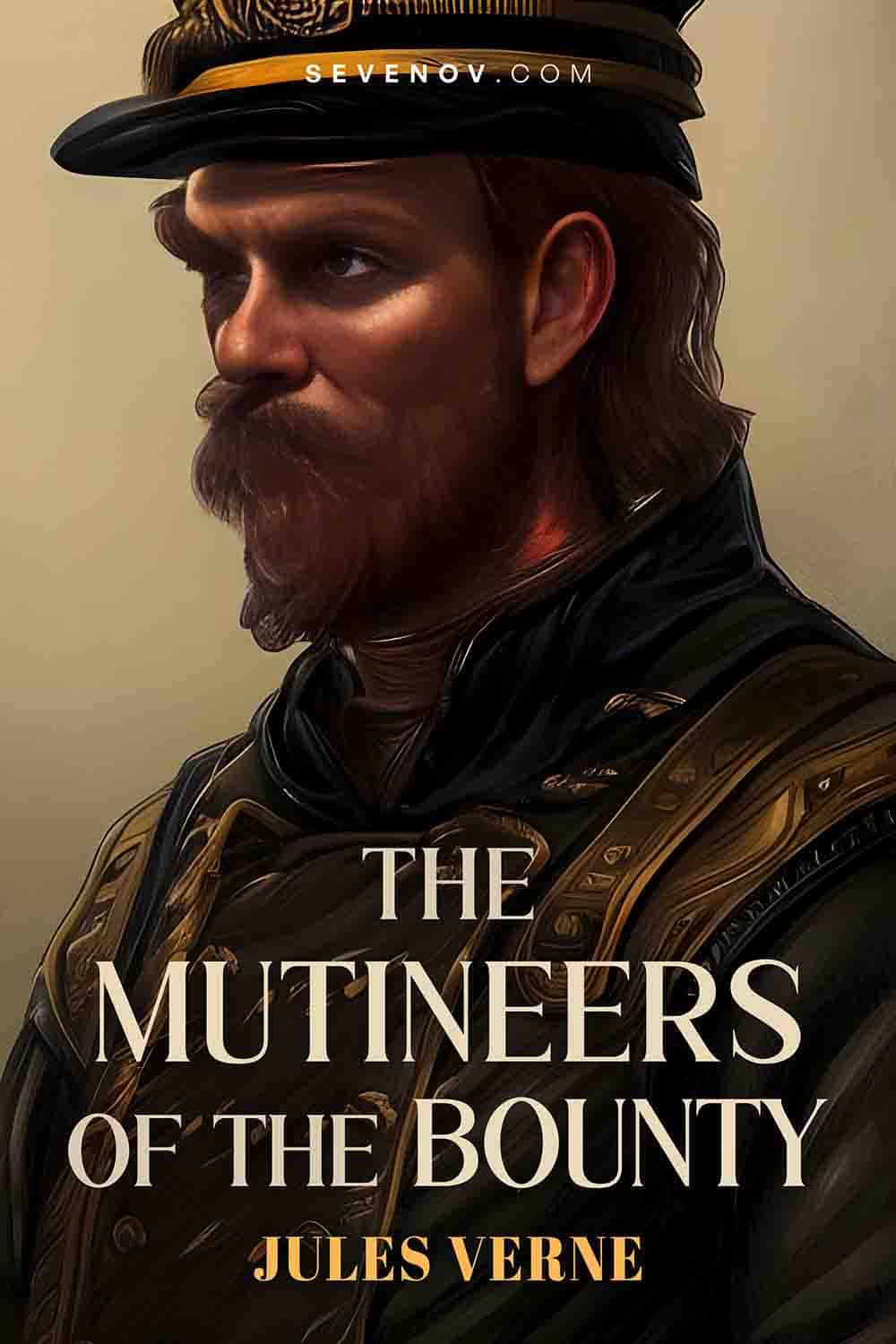
The Mutineers of the Bounty by Jules Verne
Author: Jules Verne | Published: 1879
The Mutineers of the Bounty Synopsis
The Mutineers of the Bounty (French: Les Révoltés de la Bounty) is a short story by Jules Verne, published in 1879. The novel The Begum's Fortune (Les cinq cents millions de la Bégum) and the tale, which is based on British documents regarding the Mutiny on the Bounty, were both released in 1879 as part of the Les Voyages Extraordinaires (The Extraordinary Voyages) series. Gabriel Marcel (1843–1909), a National Library of France geographer, wrote the original text. Jules Verne's contribution was editing.
The story's main character is Captain Bligh, who had spent six months in the Bay of Matavai and embarked on a voyage to the West Indies with a cargo of a thousand bread-fruit trees. Unfortunately, his journey was abruptly interrupted when the crew of the Bounty, led by second officer Fletcher Christian, mutinied against him.
Excerpt from The Mutineers of the Bounty Online Book
The bread-tree, which, without the ploughshare, yields
The unreap'd harvest of unfurrow'd fields,
And bakes its unadulterated loaves
Without a furnace in unpurchased groves,
And flings off famine from its fertile breast,
A priceless market for the gathering guest;—
These, etc.— BYRON.
The reign of George III will be distinguished in history by the great extension and improvement which geographical knowledge received under the immediate auspices of this sovereign.
About Jules Verne
Jules Verne (1828-1905) was a French writer widely regarded as one of the pioneers of science fiction. Born in Nantes, France, Verne developed an early passion for storytelling and adventure. However, his father encouraged him to pursue a career in law, and Verne reluctantly followed his wishes, eventually becoming a lawyer.
Despite his legal profession, Verne continued to nurture his love for literature and began writing plays, poems, and short stories. He gained recognition in the literary circles of Paris and eventually transitioned into writing novels. Verne's works were characterized by his vivid imagination, scientific accuracy, and detailed descriptions of futuristic technology and exploration. Verne's writings often revolved around themes of exploration, adventure, and the possibilities of scientific advancement. He drew inspiration from the rapid technological progress of the 19th century and combined it with his own imagination to create captivating tales of discovery and wonder. Find out more about Jules Verne at sevenov.com.

